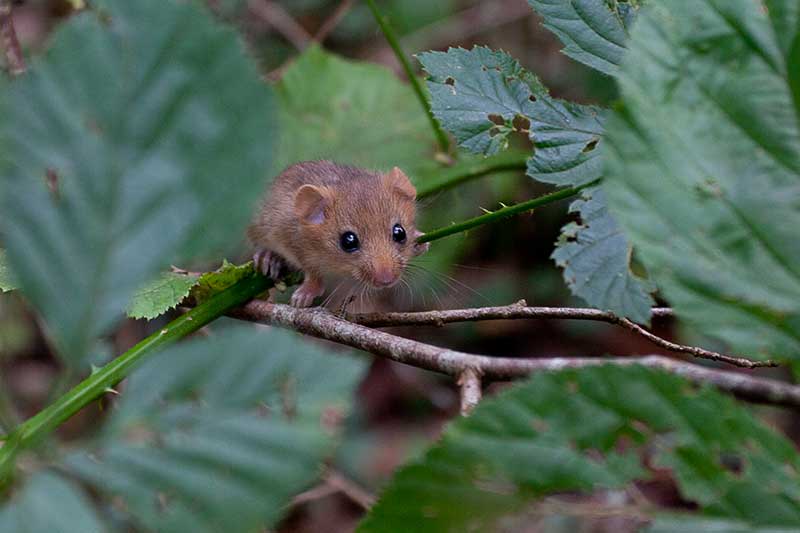International Women’s Day 2020: Rachel Findlay-Robinson


Planning for future dormouse conservation in the face of climate change
Fluctuations in weather patterns, caused by climate change, are affecting hibernators worldwide so Rachel hopes to determine if and how climatic variation affects dormouse hibernation patterns.
How did you come to lead your conservation team?
I couldn’t find a PhD project that combined my interests in hibernation and conservation, so I came up with my own! I approached my supervisor Dr. Davina Hill (formerly of the University of Cumbria, now at the University of Glasgow) and together we wrote a project proposal and applied for funding from the University of Cumbria. I am the first researcher at the university to work on hazel dormice, which is both exciting and, at times, challenging!
What has been your biggest challenge so far?
Planning a whole PhD project from scratch has been challenging, but also incredibly exciting as I have been able to control the precise direction of the project. Dealing with the legislation and licencing surrounding working with hazel dormice, as a protected species, has also been a steep learning curve!
What has been your biggest achievement in the field in the past year?
I am very proud of being awarded funding by the PTES to carry out my hibernation fieldwork, after almost a year of planning and carrying out field trials. Also, being invited to talk about my project at the National Dormouse conference last year!
What would you say to aspiring women who want a future in conservation?
Keep going! There will be set-backs, and there will be times when you don’t think that you can, or should, continue on your path. Don’t give up and you will get there!
